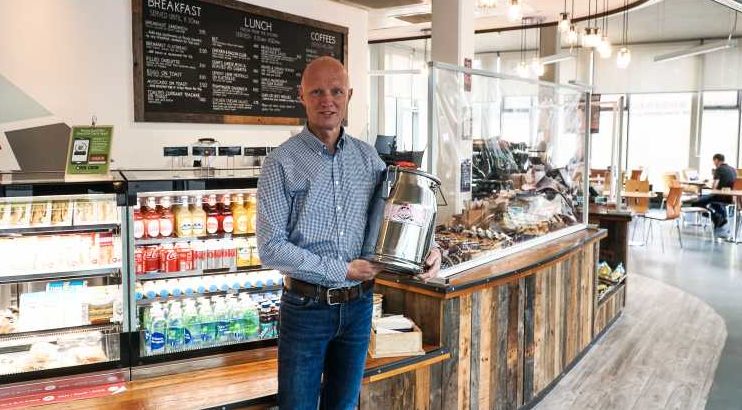
Sheffield named UK’s greenest city
The Steel City is estimated to have over 4.5 million trees, which is more per person than any other city in Europe
Sheffield has been named the greenest city in the UK, a new study reports.
The study carried out by retail bank Natwest in collaboration with experts from the university of Southampton, scored the top 25 cities in six key categories.
These included the city’s green space, energy use and production, motor vehicles, waste and recycling, commuting travel and pollution.

Natwest is a principal partner of the COP26 climate change conference. They are working to make their operations climate positive by 2025 and to half the climate impact of their financial activity by 2030.
David Lindberg, CEO of Natwest, said: “It’s great to see cities like Sheffield and Edinburgh leading the way when it comes to creating a greener environment.”
Sheffield is estimated to have over 4.5 million trees which is more per person than any other city in Europe.
One third of Sheffield is within the Peak District national park and the city boasts 250 parks, woodlands and gardens.

The city also has a wide range of renewable energy sources including plant biomass, solar power and municipal solid waste.
As well, the Grey to Green scheme, devised by the council aims to make the city more environmentally friendly by developing new cycling and walking routes.
Professor William Powrie from the University of Southampton, said: “It’s great to see Sheffield scooping the accolade of the UK’s Greenest City, with schemes like their Grey to Green campaign creating high quality green recreational and active transport corridors, helping people behave more sustainably in their daily lives, and benefitting the city’s environmental trajectory.”
Over the next few decades, Sheffield wants to meet some large environmental targets including becoming a net-zero carbon city by 2050.
The green city plan, initiated by Sheffield City Council plans to have increased the level of low carbon and renewable energy generation in the city by 2025.
By 2030, a significant level of the city’s energy will be further extended to be locally generated low carbon and renewable technologies.
Another target for the city is to not exceed a budget of 16 million tonnes of carbon emissions over the next two decades according to recommendations by Tyndall Centre for climate change research, which at the current rate of energy consumption the city would surpass in six years.
They also recommended that the city should aim to reach zero or near zero carbon by no later than 2038.
Institutions within the city such as The University Of Sheffield are committed to a net zero campus by 2030 and 100% renewable procured electricity on campus.
In line with the COP26 summit currently being held in Glasgow, Sheffield University’s Student’s Union is hosting a series of sustainability and climate-related events this week. The SU is running “green deals” all week long, including 2-4-1 on low-impact burgers in Bar One and vegan sausage rolls at Proper Pasty.

Sheffield University has also partnered with local dairy farm to reduce plastic waste in cafes on campus.
The sustainability project is set to remove 27,000 single-use plastics bottles per year by switching to milk churns supplied by Our Cow Molly, a dairy farm located four miles from university campus.

Related stories recommended by this writer:
•A guide to the best Sheffield coffee shops to study in
•Sheffield Uni to reduce plastic waste on campus by 87,000 bottles a year
•Sheffield University’s SU launches first ever climate and sustainability festival









































